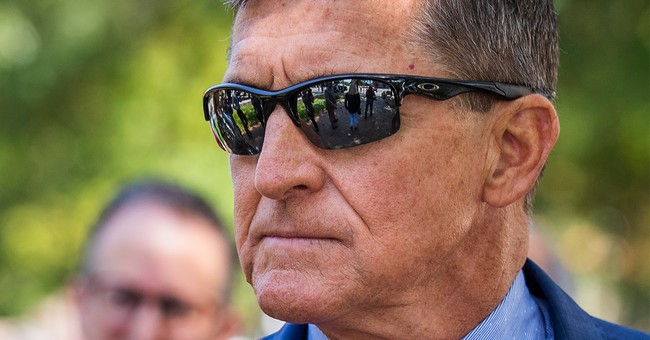
Early on Friday morning, I went through in summary fashion some of the highlights of the FBI 302 Memorandum of Interview of FBI Special Agent William Barnett. Barnett was interviewed on September 17, 2020, but not for John Durham — it was investigators working with US Attorney Jeffrey Jensen on his review of the Special Counsel Office’s investigation and prosecution of Gen. Michael Flynn.
Barnett was the original Case Agent for the investigation dubbed “Crossfire Razor” which was focused on the activities of General Flynn prior to and after he became President Trump’s National Security Advisor during the campaign, and later in the White House. Barnett led the Razor investigation from August 2016 until early January 2017. As noted in the 302, and as I noted in my first story last night, he was “cut out” of the decision to interview General Flynn on January 24, 2017, not being told about it having taken place until the following day. Weeks after that he asked to be removed from the Razor investigation.
When the Special Counsel was appointed, Barnett said he would not join the Special Counsel investigation to be part of a further investigation of Razor. He said he was suspicious of SCO Attorney Jeannie Rhee’s motives. He told the interviewing agents that Peter Strzok personally appealed to him to join the Special Counsel investigation and that Strozk would “run interference” for him with Rhee, and try to minimize the need to have him work with her. On that basis he agreed to do so — but also because he hoped his presence in the investigation would help avoid the investigation falling victim to “group think.”
So, what did he mean by that? Basically that after the SCO took over, the attitude that pervaded the entire operation was that Pres. Trump was guilty of having colluded with the Russians to steal the election from Hillary Clinton, and it was up to the SCO to prove that — the SCO “All-Stars” were all about “Getting Trump.” As set forth in the 302:
“Barnett referred to incidents involving Trump which were taken in the most negative manner, or in some cases misinterpreted. As an example, Barnett described comments made by Trump that investigators needed to “get to the bottom” of the matter. [Redacted], one of the SCO attorneys, said Trump wanted to “cover it up.” Barnett corrected [Redacted] saying “no, he said get to the bottom of it.”
[NOTE: The redacted name here is very short, only 3-4 letters — one SCO prosecutor was Adam Jed. Adam Jed was an appellate lawyer from DOJ Civil Division. He has no prosecutorial experience.]
“Barnett said such statements were simply discounted because they did not fit the opinions formed by some at the SCO. Concerning Flynn, some individuals in the SCO assumed Flynn was lying to cover up collusion between the Trump campaign and Russia.”
“Barnett said the second way the “get Trump” attitude was exhibited at the SCO was what Barnett referred to as Mueller’s “all stars,” which was a term used in news articles describing the SCO. All the attorneys wanted to be part of something “big,” a successful prosecution…. There was a lack of letting the evidence lead the investigation and more of an attitude of “the evidence is there we just have to find it.” As an example, Barnett said SCO attorneys during interviews would be convinced the interviewee had information despite the answers provided. Barnett suggested to the SCO attorneys the idea that the interviewee did not possess the information desired.”
Barnett then gives an example of interviews with Gen. Flynn’s Deputy National Security Advisor, K.T. McFarland. He describes how in interviews with the SCO attorneys participating there was a lack of follow-up or clarifiying questions to make sure McFarland was definitive and certain about what she was saying. When Barnett stepped in to ask such questions, he was soon cut-off by an SCO attorney who said the interview was going to take too long if he kept asking those kinds of questions.
In reviewing variations in her statements, Barnett said that Andrew Weissmann accused her of having blatantly lied and that she should be charged with a “1001” criminal violation. This would have fit the exact pattern they attempted to use against Gen. Flynn, squeeze a guilty plea to a questionable “1001” count, and then use that as leverage to force the person to cooperate and provide the information.
What Barnett saw happening was the SCO attorneys being more interested in getting answers they could use, rather than getting answers that were complete and accurate. They didn’t like the fact that some of Barnett’s clarifying questions ended up “hurting” the investigation in the final analysis. Members of the SCO thought McFarland was key to unraveling the collusion, and at one point Barnett was told by an SCO attorney that he wasn’t going to be allowed to participate in a scheduled interview of McFarland. Barnett’s response to being told he would be kept out of the interview was “I will be in the interview.” When it was emphasized to him a second time by an SCO attorney that he would not be allowed to participate, Barnett threatened to go to the Inspector General over the issue.
His concern was that the SCO was trying to get McFarland to change her prior statement to say something the SCO thought she knew when she had previously denied knowing it. It is likely that without Barnett in the room — who did not think she had lied previously — she would have been told the SCO thought she had lied and they would threaten her with prosecution and going to prison. The subjects about which it was believed she had been dishonest are redacted in the 302 of the Barnett Interview.
Barnett gave a second example from an interview of General Flynn after he began cooperating, and an answer to a particular question given by Gen. Flynn which seemed to suggest that Pres. Trump was aware of Flynn’s contacts with the Russian Ambassador. But Barnett thought Flynn’s answer was influenced by the nature of the sequence of questions he had been asked, and he thought Gen. Flynn was shaping his answer to say what he thought the SCO investigators wanted to hear. When Barnett asked him a direct question to clarify, Gen. Flynn said directly he did not think Pres. Trump was aware of his contacts with the Russian Ambassador.
Barnett said there were numerous attempts to develop evidence that Pres. Trump had directed the contacts between Gen. Flynn and the Russian Ambassador, but they all failed to develop evidence. But the SCO attorneys just could not be convinced, and they kept going over the same issues looking for a different answer.
“Barnett said working with the SCO was a very unique environment for him. Typically investigators push for legal process and have to explain the need for the request to the attorneys. Barnett said the SCO attorneys were pushing for legal process and just wanted investigators to sign affidavits they prepared. Everything was green-lighted by the SCO, i.e., you could get whatever legal process you wanted. Barnett did not see the investigator/attorney relationship as 50/50. At the SCO, Barnett believed the investigators were looked at as a “speed bump” to the attorneys who were leading the investigation. Barnett said the investigators who were assigned to [Redacted] and Razor investigations were doing what they were assigned to do.
That last sentence is a “finger of blame”. Barnett has more to give — or he has already given it in a separate interview that goes on beyond the Razor investigation. This interview had to be produced to Gen. Flynn’s attorneys as Brady material in the pending case. Barnett’s views on the other aspects of Crossfire Hurricane would not fall under the same obligation.
Barnett says any abuses in the Crossfire Hurricane investigation after the SCO took over were because of the SCO.
This ain’t over — not even close.
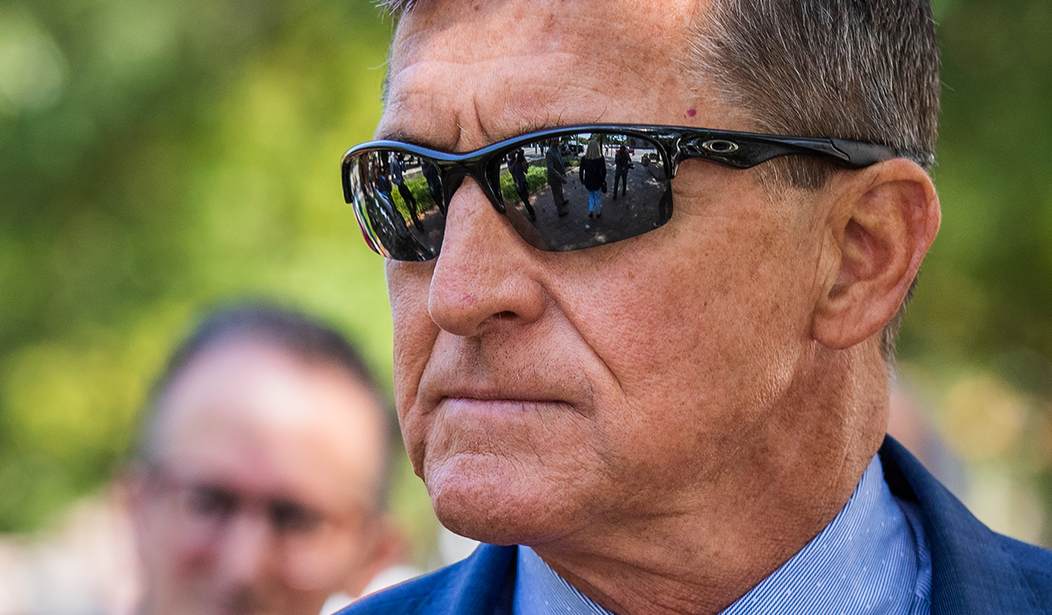

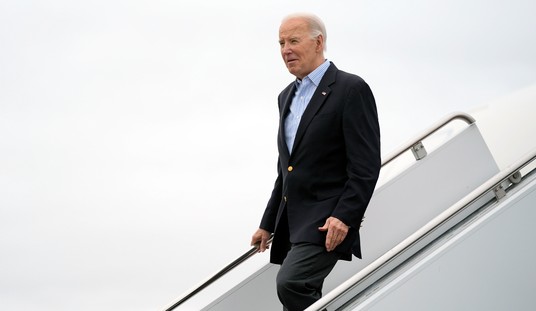

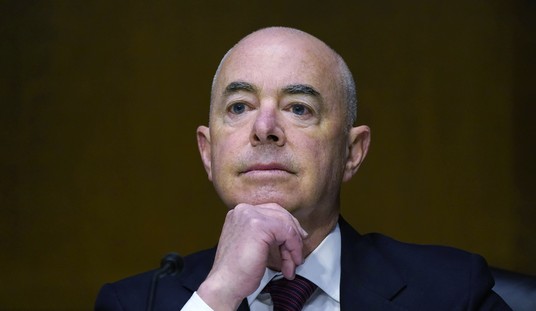
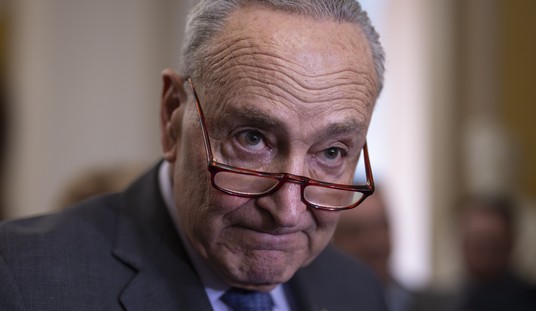
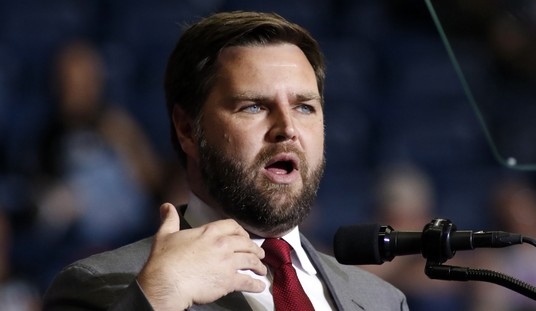
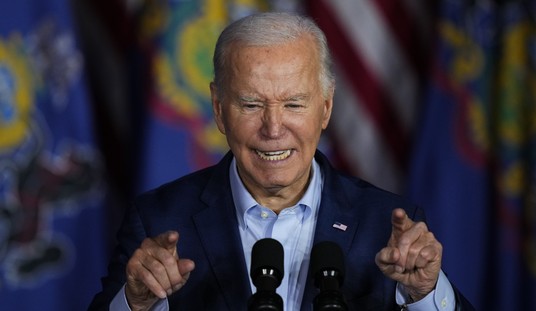
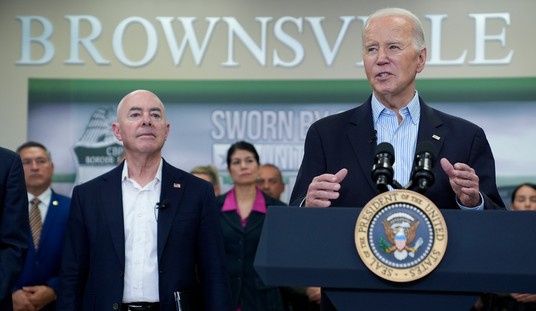


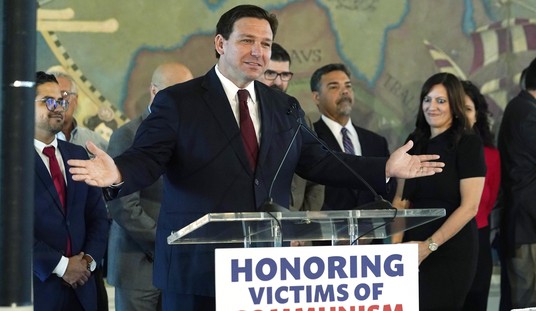
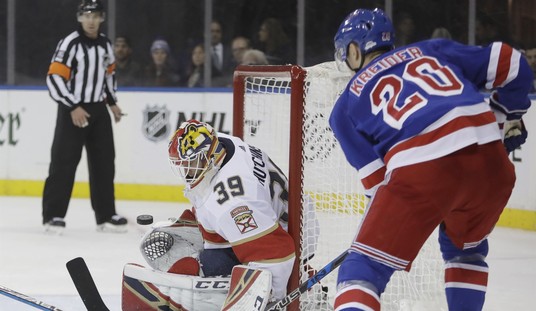

Join the conversation as a VIP Member